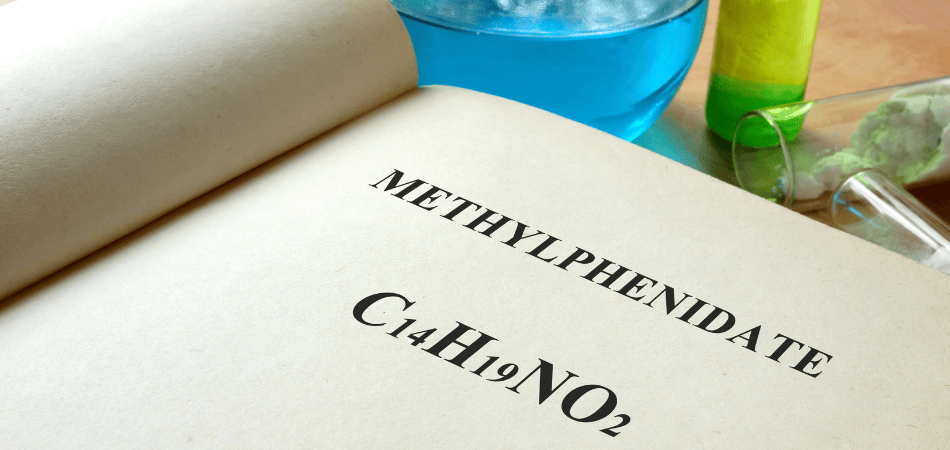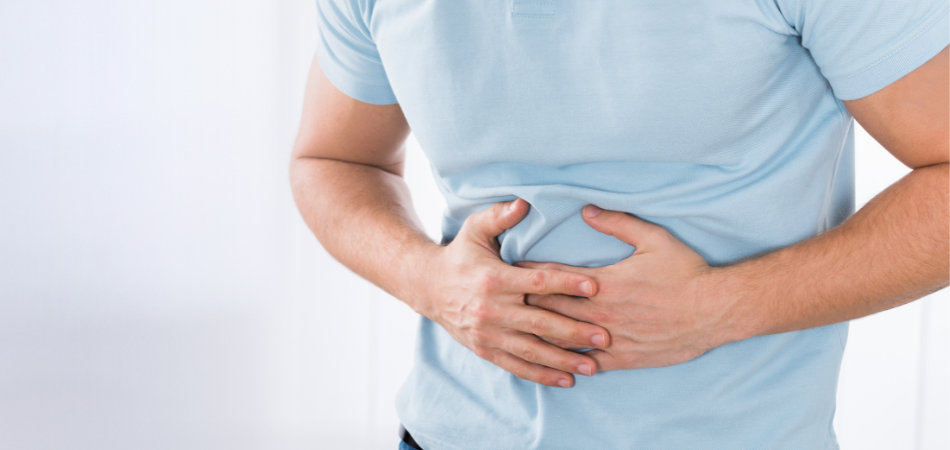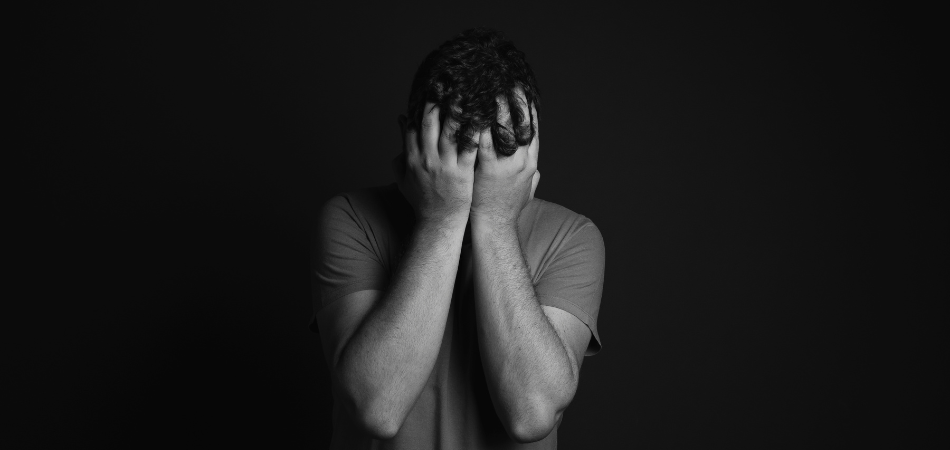
Written by:

Medically Reviewed by:
Last Updated:
February 17th, 2025
Ritalin Addiction
What is Ritalin?
Ritalin, or methylphenidate, is a stimulant medication often prescribed to treat ADHD (Attention Deficit Hyperactivity Disorder) and narcolepsy. It works by increasing certain chemicals in the brain to improve focus, attention and impulse control.
Ritalin is commonly used to help both children and adults manage symptoms of ADHD, allowing them to better function in daily life.
In the UK, Ritalin is a controlled substance under the Misuse of Drugs Act, making it legal only with a prescription. Misuse, such as taking it without medical guidance or sharing it with others, is illegal and can lead to serious consequences.
Why do people use Ritalin recreationally?
Unfortunately, a large number of people without ADHD use Ritalin recreationally. It can be confusing to understand why someone who doesn’t have ADHD would choose to take this medication, especially since it’s designed to help those with the condition. However, there are specific reasons why Ritalin appeals to people for recreational use. Here’s a closer look at what drives this behaviour:
- Increased focus and productivity: One of the main reasons people take Ritalin recreationally is to improve their ability to concentrate for long periods. Students or professionals facing deadlines may use it to stay focused, believing it will give them a mental edge in completing tasks more efficiently.
- Energy boost: Ritalin can act as a stimulant, providing an energy boost similar to caffeine or other stimulants. This appeal is particularly strong for those who feel tired or lethargic and are looking for a way to stay alert and energised for long periods, especially during stressful times.
- Appetite suppression: Another reason Ritalin is used recreationally is its effect on appetite. Some people take it to curb hunger and lose weight, which is an unfortunate and potentially harmful misuse of the medication.
- Enhanced mood: Ritalin can sometimes lead to feelings of euphoria or general well-being, making it attractive to those who are looking for a temporary mood boost. While not as intense as some other drugs, the elevated mood can still be appealing for recreational use.
- Curiosity and peer influence: For some, using Ritalin recreationally may come from a place of curiosity or wanting to try something new, especially if they see others around them using it. Peer influence can play a significant role, particularly in environments where high performance or academic pressure is common.
Is Ritalin addictive?
Is Ritalin addictive?
It can be a confusing situation when you’re trying to figure out whether the medication you’re taking for ADHD might be addictive or if you’re using Ritalin for reasons unrelated to ADHD and wondering if it could be harmful. Many people rely on Ritalin to help manage their symptoms, but questions about its potential for addiction often arise, leaving people unsure about how safe it really is.
Whether you’re taking Ritalin as prescribed or for other purposes, it’s important to understand the risks and how they differ depending on why and how it’s used.
Is Ritalin addictive for people with ADHD?
For individuals with ADHD, research has shown that the likelihood of developing an addiction to Ritalin is generally low, provided it is taken as directed by a healthcare professional. Ritalin is designed to help balance attention and impulse control in people with ADHD, and when used correctly, it doesn’t produce the same euphoric effects that might lead to addiction. Under proper medical monitoring, it remains a safe and effective treatment option for ADHD.
Is Ritalin addictive for people without ADHD?
When used by individuals without ADHD, Ritalin can produce stimulant-like effects, such as heightened energy, focus and a sense of euphoria, which can make it more appealing for recreational or performance-enhancing purposes. This misuse significantly increases the risk of Ritalin addiction and can lead to dependency and other health issues.
While Ritalin can be addictive for anyone, it’s important to note that those with ADHD using it as prescribed shouldn’t be alarmed. The real risk comes from using Ritalin off-label or recreationally. When taken appropriately, under the guidance of a healthcare provider, Ritalin remains a safe and effective treatment for ADHD.
What are the signs of Ritalin addiction?
It’s crucial to be aware of the signs of Ritalin addiction, especially if you’re noticing changes in yourself, friends or family. Recognising these signs early on can make a huge difference, helping you or a loved one seek the right support before things worsen. While it might seem difficult to spot at first, paying close attention to physical, psychological and behavioural changes can provide clarity.
Physical signs
- Increased Ritalin tolerance, leading to higher doses being needed for the same effect
- Unexplained weight loss or decreased appetite
- Sleep disturbances or insomnia
- Constant fatigue despite the stimulant effects of the drug
- Headaches or unexplained muscle tension
Psychological signs
- Obsession with getting and using Ritalin, regardless of the need
- Anxiety or heightened feelings of stress, particularly when not using Ritalin
- Mood swings, irritability or aggression
- Feelings of paranoia or hallucinations
- Inability to focus without the medication, even when previously able to
Behavioural signs
- Taking Ritalin without a prescription or increasing the dose beyond what’s recommended
- Doctor shopping (visiting multiple doctors to obtain extra prescriptions). Note: This is more common in countries with privatised healthcare systems.
- Neglecting responsibilities at work, school or home due to preoccupation with obtaining or using the drug
- Social withdrawal or isolation from friends and family
- Engaging in risky behaviours to obtain the drug, such as lying or stealing
If you recognise any of these signs in yourself or a loved one, seeking professional help as soon as possible is key to avoiding further harm.
Can Liberty House help me with Ritalin addiction?
At Liberty House, we understand how difficult it can be to face a Ritalin addiction, especially when the medication was initially meant to help you. Our dedicated Ritalin addiction treatment programme is designed to offer the support and care you need to regain control of your life. From the moment you begin with our initial assessment, we tailor your journey to suit your specific needs, ensuring a holistic approach to your recovery.
Our treatment includes a medically supervised detox to help manage any withdrawal symptoms, ensuring your safety and comfort throughout the process. Following detox, we provide a range of therapies, including one-to-one counselling, group therapy and holistic therapies like art and yoga. These therapies help address the psychological and emotional challenges that come with addiction, equipping you with the tools for long-term recovery.
Our aftercare services ensure that once you leave our facility, you are never alone on your journey. We provide continued support to help you maintain sobriety and rebuild your life.
If you or someone you love is struggling with Ritalin addiction, reach out to Liberty House today. We’re here to help you every step of the way.
Frequently Asked Questions
(Click here to see works cited)
- Korn L, Hassan K, Fainshtein N, Yusov N, Davidovitch N. Non-Medical Use of Prescription Stimulants for Treatment of Attention Disorders by University Students: Characteristics and Associations. Med Sci Monit. 2019 May 21;25:3778-3787. doi: 10.12659/MSM.913973. PMID: 31111829; PMCID: PMC6540638.
- Chang Z, Lichtenstein P, Halldner L, D’Onofrio B, Serlachius E, Fazel S, Långström N, Larsson H. Stimulant ADHD medication and risk for substance abuse. J Child Psychol Psychiatry. 2014 Aug;55(8):878-85. doi: 10.1111/jcpp.12164. Epub 2013 Oct 25. PMID: 25158998; PMCID: PMC4147667.
- Lakhan SE, Kirchgessner A. Prescription stimulants in individuals with and without attention deficit hyperactivity disorder: misuse, cognitive impact and adverse effects. Brain Behav. 2012 Sep;2(5):661-77. doi: 10.1002/brb3.78. Epub 2012 Jul 23. PMID: 23139911; PMCID: PMC3489818.







